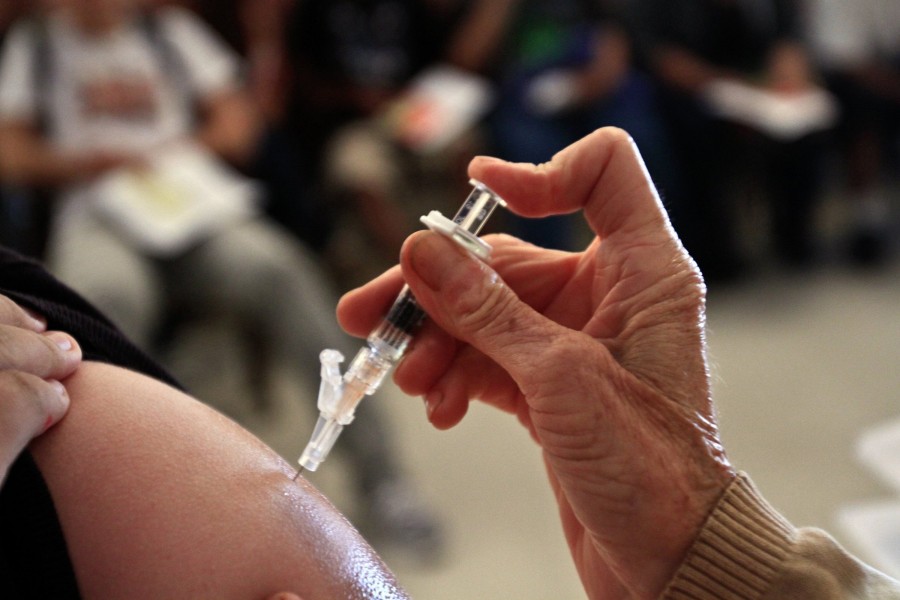Since December of last year, over 100 people have contracted measles in California. The outbreak originated at Disneyland and has spread to other states. Measles is a highly contagious disease that can cause deadly health complications such as pneumonia and encephalitis. In the United States, measles was considered to be eliminated due to the availability of vaccinations. Despite having the luxury of medical treatment, some individuals in the United States do not agree with vaccinations.
Some individuals believe that vaccinations are linked to autism and therefore do not vaccinate children. While that may be seen as a way of protecting children, it is actually harmful. According to a CNN article titled “5 myths surrounding vaccines – – and the reality,” a study done by Dr. Andrew Wakefield linked autism and childhood vaccines. The study has since been discredited because information had been altered which led to Wakefield losing his medical license.
While individuals have a right to certain beliefs, it should be carefully examined in order to avoid harming others. Vaccinations do not cause autism and individuals should appreciate the fact that there are ways of being protected from various diseases. Since measles is highly contagious and spreads by contact with an infected person through coughing or sneezing, it should be taken seriously and individuals should receive vaccinations.
When it comes to health concerns, one’s beliefs should not jeopardize the health of another individual. In regards to vaccinations, those who are unvaccinated can cause serious harm to themselves and others. If an unvaccinated person is infected with a disease, it can be easily spread to others who are also unvaccinated. At a place like Disneyland, an infected person can easily interfere with the well-being of others since a majority of individuals attending theme parks are children who may not be vaccinated yet.
Because it has been proven that there is no link between autism and vaccines, individuals should not hesitate when it comes to vaccinations. Vaccines are helpful, not harmful. When put into perspective, individuals in the United States are taking vaccinations for granted. There are people in other parts of the world that do not have access to medical care and die from diseases that are not a concern for individuals in the United States.
In the end, it is important to understand that diseases can be easily avoided when certain precautions are taken. When it comes to health, the well-being of others should be taken into account when making decisions about vaccinations. Fear and concerns over vaccinations should not stop an individual from being protected from diseases. Individuals should be thankful to have access to vaccines when others are not as fortunate.




